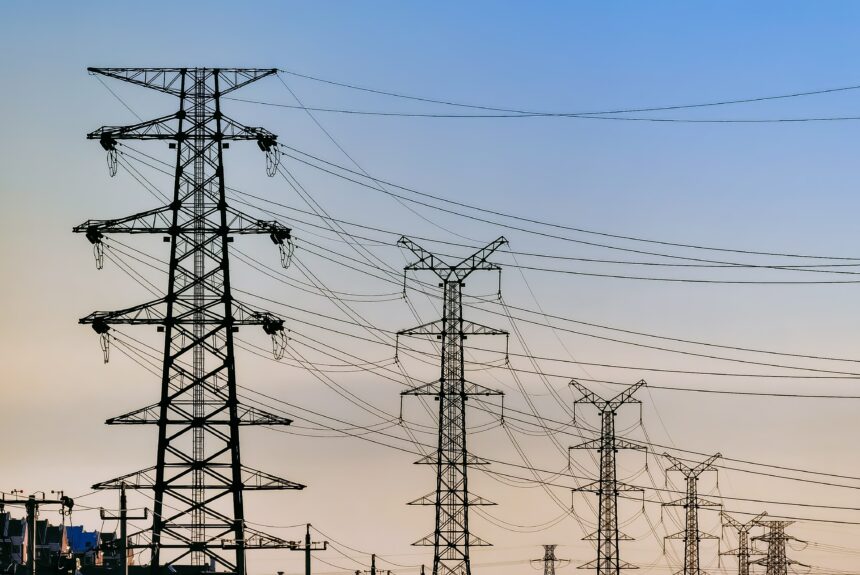You don’t know what you got until it’s gone. Most people associate that phrase with relationships, but it’s very fitting when discussing reliable power generation. It’s one thing if you can’t watch the game or binge The Bear on Hulu. It’s far more consequential, and potentially life-threatening, if families have no access to air conditioning in sweltering heat or reliable heat during extreme cold spells. For businesses, losing electricity for just one hour can result in hundreds of thousands or millions of dollars lost. A new artificial intelligence model could help minimize those disruptions.
>>>READ: Grid Operators and Congress Agree: The U.S. Needs More Reliable Power
Developed by researchers at the University of Texas at Dallas, the AI model would help reroute the electricity in milliseconds in what the researchers describe as a “self-healing” grid. Published in Nature Communications last month, the model could more quickly detect when a power outage occurs but also restore power much faster than the current process. Kim Horner, communication manager at UT Dallas, wrote, “AI has the advantage of speed: The system can automatically reroute electrical flow in milliseconds, while current human-controlled processes to determine alternate paths could take from minutes to hours.” The researchers have noted that more research is necessary before utilities can deploy the tool.
America’s electric grid is very reliable, with the average U.S. consumer experiencing less than two outages per year and less than five hours of total outage time. According to the Department of Energy National Renewable Energy Laboratory, that represents 99.95 percent grid reliability. This AI tool could bump that number closer to 100 percent by quickly identifying and fixing the problems at the local distribution system level where nearly all the outages occur.
Regrettably, the model may be more necessary in the years ahead as outages related to the bulk power system may increase. Grid operators around the country have been warning policymakers about grid reliability risks. With rising energy demand, increased cybersecurity threats, and stringent regulations that will prematurely close existing power plants, there are genuine concerns about the fragility of the grid.
>>>READ: 4 Ways AI Will Deliver Energy and Environmental Benefits
As effective as AI may be in improving grid efficiency and minimizing blackouts, it cannot be the bailout for bad policy. Americans want reliable energy at the lowest possible cost. Whether it is power plant regulations, market-distorting subsidies, or the inability to expand capacity and linear infrastructure, poor public policy threatens both affordability and reliability. Policies that modernize regulations, remove permitting bottlenecks, and empower the private sector to respond to price signals will better meet the energy needs of consumers.
It’s not hyperbolic to say that affordable, reliable power can be the difference between life and death. It is the engine of the global economy. AI will help improve energy markets in meaningful and unpredictable ways, but consumer-focused energy policies are essential to capitalize on America’s energy abundance and to drive energy innovation forward.
The views and opinions expressed are those of the author’s and do not necessarily reflect the official policy or position of C3.
